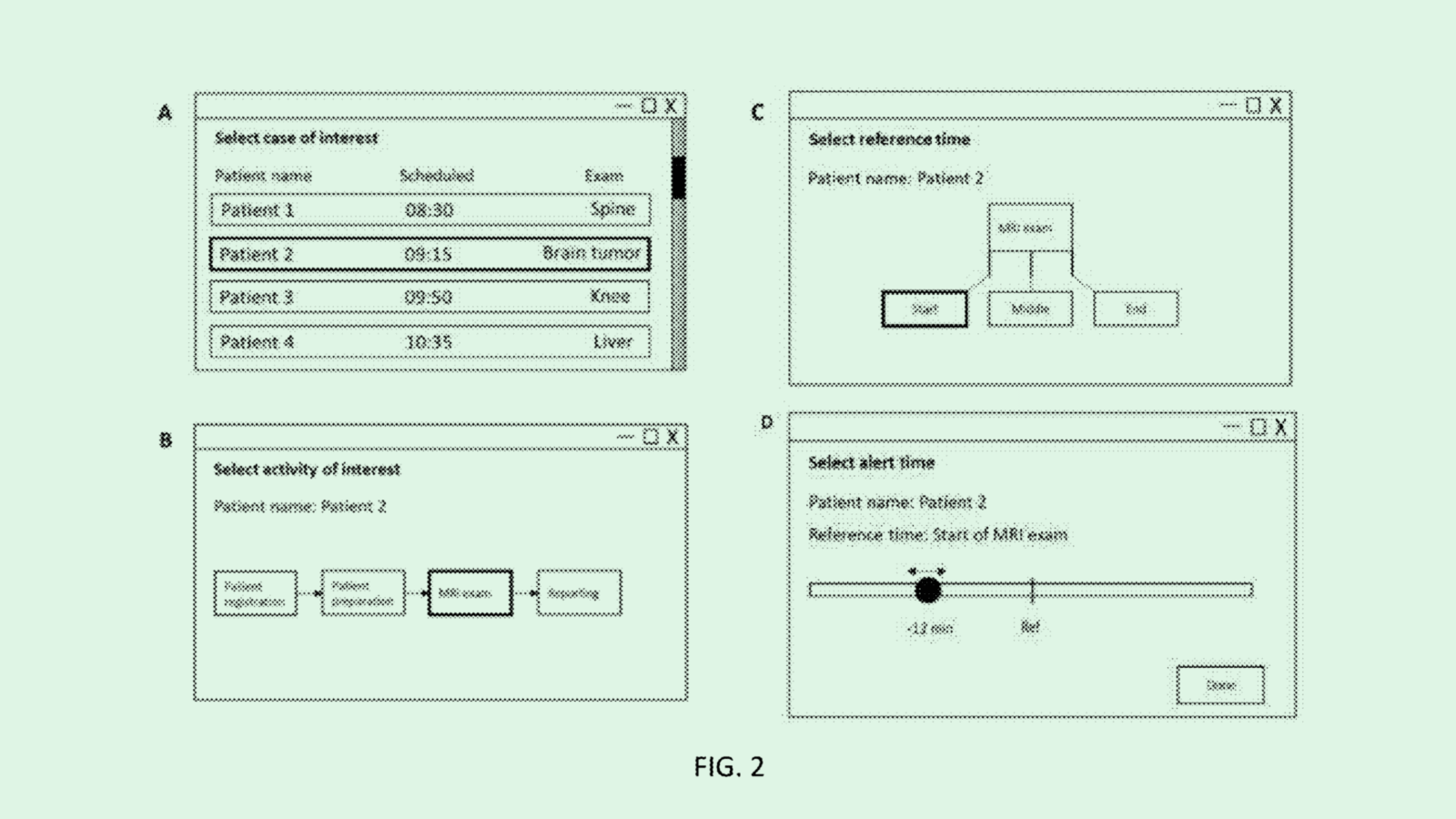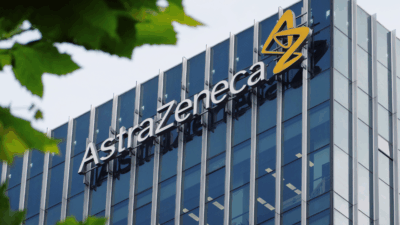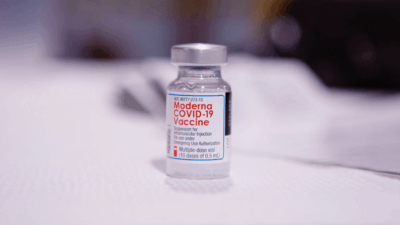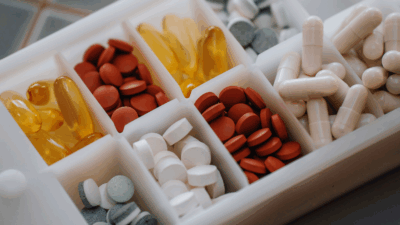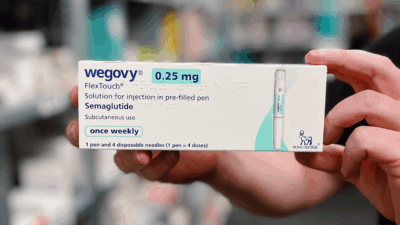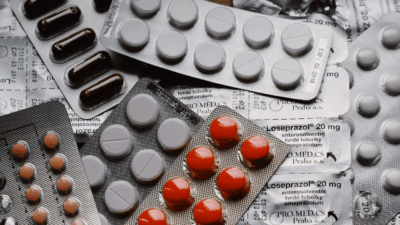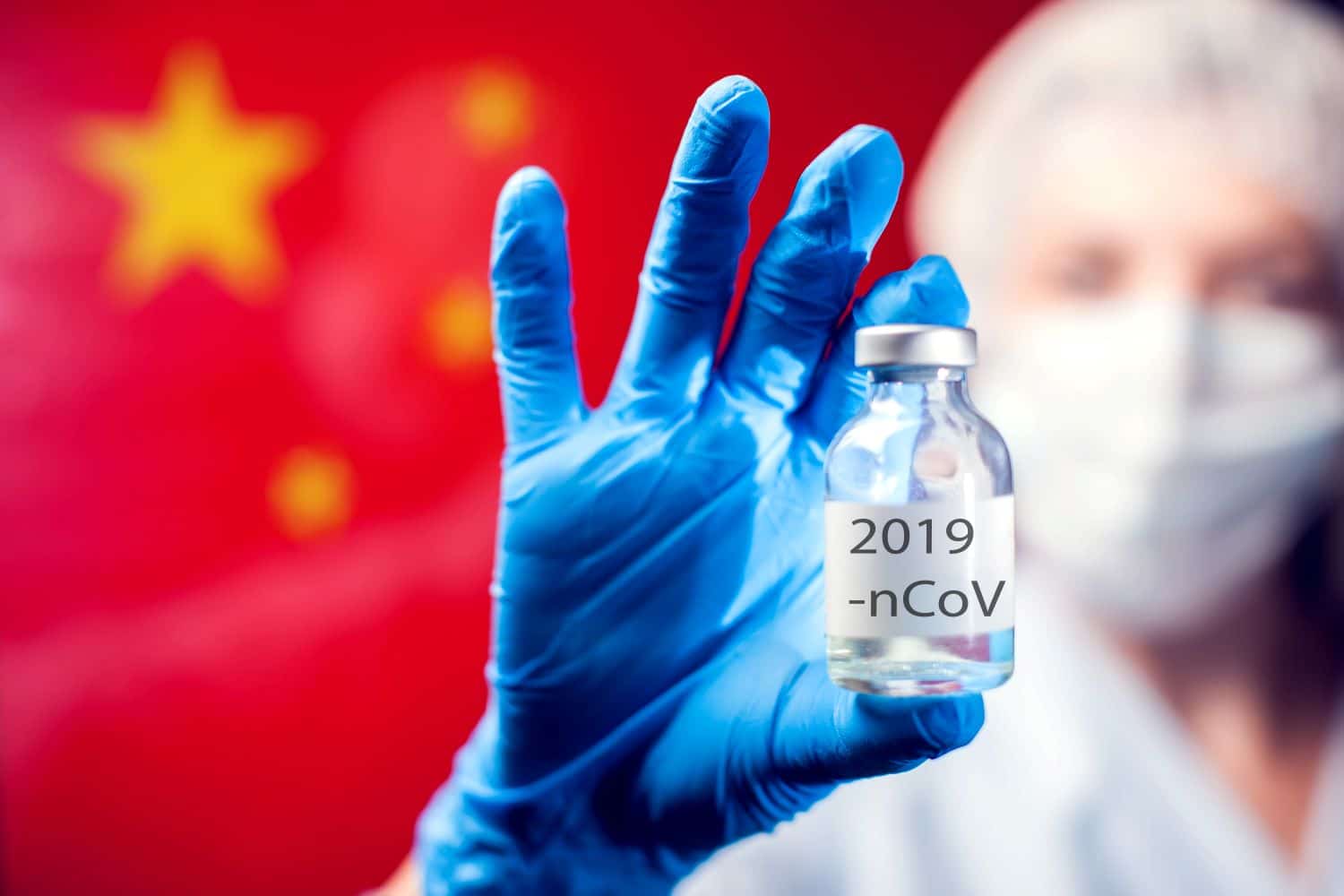
Sign up for smart news, insights, and analysis on the biggest financial stories of the day.
In an effort to speed up the vaccine distribution effort, the U.S. invoked the Defense Production Act in early March. The move helped accelerate the rollout and President Biden has said the U.S. will have enough supply for all American Adults by May.
But the decision has not been without unintended consequences — many drug companies are now experiencing a supply-chain pinch leading to shortages of numerous critical drugs.
The Big Short
Drugs that share common ingredients or manufacturing capacity with the vaccine have been at particular risk.
According to a letter seen by the Financial Times, Pfizer has told U.S. hospitals to expect interruptions for multiple products including an antibiotic, a steroid, and two types of testosterone. The company has told hospitals to “anticipate some disruptions” in the second half of the year.
But the shortages extended well beyond Pfizer:
- Schott, a major manufacturer of glass vials, has told prospective clients it will not be able to accept new orders for 18 months as it pumps out 2 billion vials for the vaccine.
- Catalent, a contract manufacturer working with Johnson & Johnson and Moderna, has been unable to manufacture Tepezza, a treatment for thyroid eye disease made by Horizon Therapeutics, since December.
The Problem Isn’t Ending Soon: As many as one-third of pharmaceutical companies will struggle to obtain ingredients this year, according to the Financial Times. Horizon CEO Tim Walbert said, “We just happen to be the first.”
the takeaway
To fix the situation, another executive proposed governments stop focusing solely on the vaccine-producing drugmakers and send funding to manufacturers, too.
